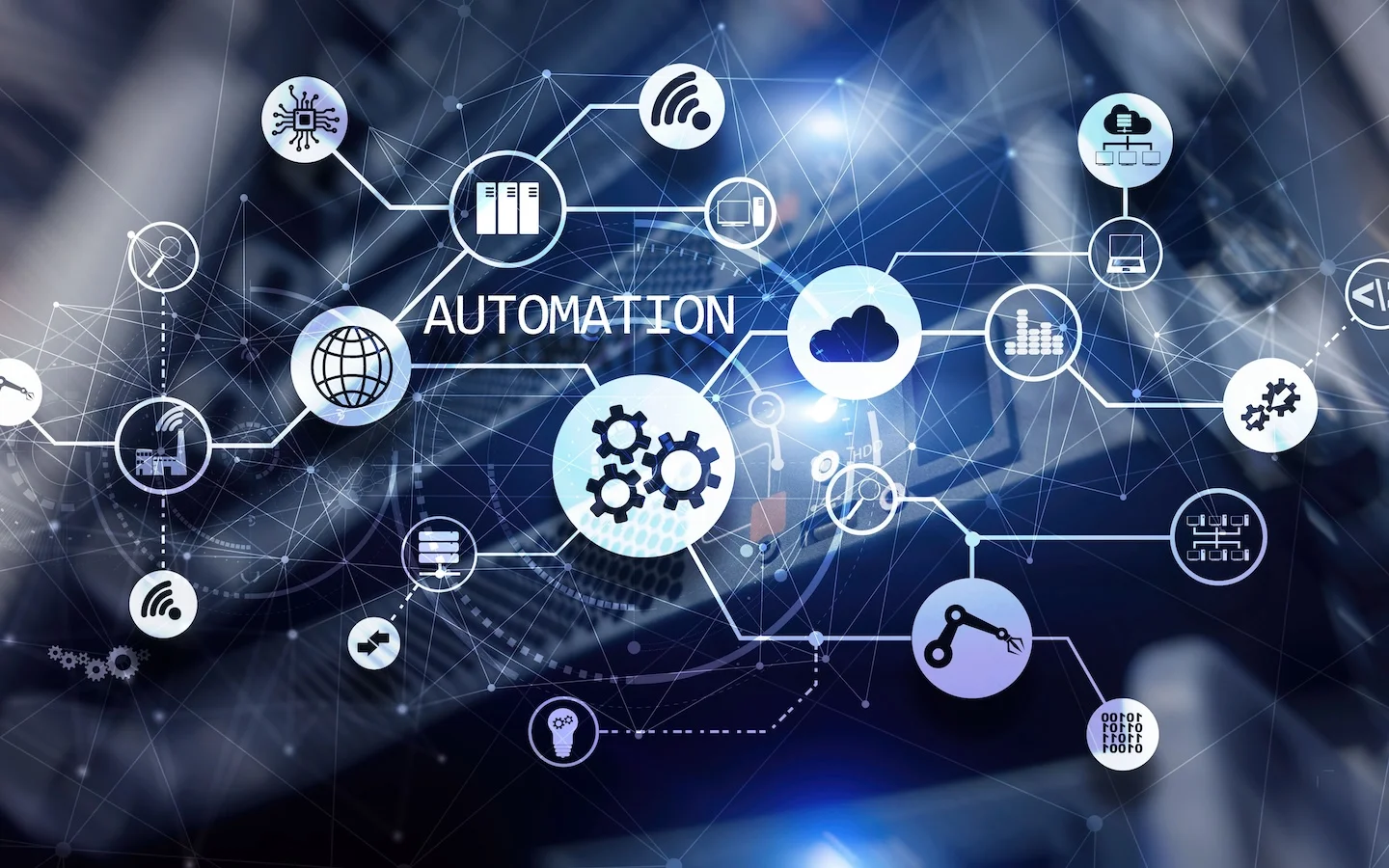In today’s competitive and dynamic market, customer relationship management (CRM) is crucial for businesses to retain and attract customers. However, traditional CRM systems are often limited by manual processes, siloed data, and rigid workflows. To overcome these challenges, businesses need to leverage the power of artificial intelligence (AI) to transform their CRM systems and enhance their customer relationships.
AI-driven CRM systems are the next generation of CRM solutions that use AI to analyze customer data, automate tasks, and personalize interactions. By using AI, businesses can gain deeper insights into customer behavior, preferences, needs, and expectations, and provide more relevant and engaging experiences across the customer journey. AI-driven CRM systems can also help businesses optimize their sales and marketing strategies, increase customer satisfaction and loyalty, and improve their overall performance and profitability.
Benefits of AI-Driven CRM Systems
Some of the key benefits of AI-driven CRM systems are:
- Advanced Analytics: AI-driven CRM systems provide advanced analytics that help businesses understand customer behavior and preferences, as well as identify patterns, trends, and opportunities. AI can also help businesses predict future customer behavior and outcomes, such as churn, retention, and lifetime value.
- Personalized Customer Interactions: AI enables more personalized customer interactions, improving satisfaction and loyalty. AI can help businesses tailor their messages, offers, and recommendations to each customer based on their profile, preferences, and behavior. AI can also help businesses create more human-like and conversational interactions through chatbots, voice assistants, and natural language processing.
- Automated Workflows: AI-driven CRMs can automate repetitive and mundane tasks, freeing up time for sales and support teams to focus on more strategic and creative activities. AI can help businesses streamline and optimize their workflows, such as lead generation, qualification, nurturing, and conversion. AI can also help businesses improve their decision making and problem solving by providing actionable insights and suggestions.
Applications of AI-Driven CRM Systems
AI-driven CRM systems can be used for various applications and purposes, such as:
- Customer Segmentation: AI can help businesses segment their customers based on various criteria, such as demographics, psychographics, behavior, and value. This can help businesses target their customers more effectively and efficiently and deliver more personalized and relevant experiences.
- Predictive Analytics: AI can help businesses analyze customer data to predict future customer behavior and outcomes, such as churn, retention, and lifetime value. This can help businesses anticipate customer needs and expectations and provide proactive and timely solutions.
- Personalized Marketing: AI can help businesses create and execute personalized marketing campaigns and strategies, such as email, social media, and content marketing. AI can help businesses customize their messages, offers, and recommendations to each customer based on their profile, preferences, and behavior. AI can also help businesses measure and optimize their marketing performance and ROI.
Implementing AI-Driven CRM Systems
Successful implementation of AI-driven CRM systems requires integrating AI capabilities with existing CRM systems, training staff on new functionalities, and continuously monitoring performance to make data-driven adjustments. Some of the key steps for implementing AI-driven CRM systems are:
- Define the objectives and scope of the AI-driven CRM project, such as the business goals, the customer segments, the channels, and the metrics.
- Select the AI tools and technologies that best suit the needs and requirements of the project, such as machine learning, natural language processing, computer vision, and speech recognition.
- Integrate the AI tools and technologies with the existing CRM systems, ensuring data quality, security, and privacy.
- Train the staff on how to use the AI functionalities and features, such as how to access and interpret the data, how to interact with the AI agents, and how to troubleshoot and resolve issues.
- Monitor and evaluate the performance and impact of the AI-driven CRM systems, such as customer satisfaction, loyalty, retention, and revenue. Make data-driven adjustments and improvements as needed.
Future Trends in AI-Driven CRM
The future of AI-driven CRM is promising and exciting, as AI technology evolves and becomes more sophisticated and accessible. Some of the future trends and developments in AI-driven CRM are:
- More advanced machine learning algorithms that can learn from data and feedback and adapt to changing customer needs and preferences with greater accuracy and speed.
- More immersive and interactive experiences, such as virtual reality and augmented reality, can create more realistic and engaging customer interactions and environments.
- More ethical and responsible AI, that can ensure data privacy, security, and transparency, and avoid bias, discrimination, and harm.
As AI technology advances, CRM systems will become even more integral to customer relationship strategies and provide more value and benefits to both businesses and customers.



